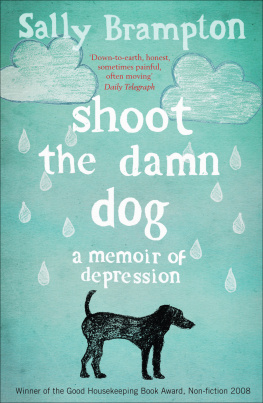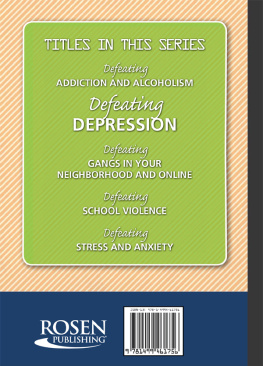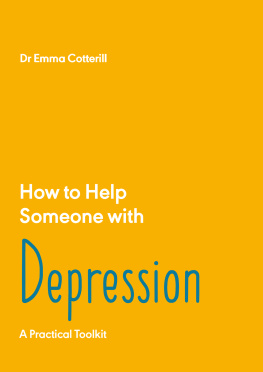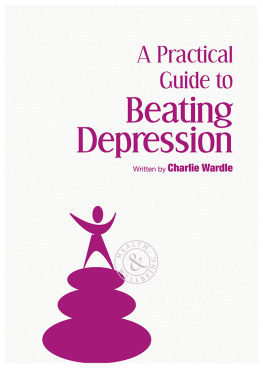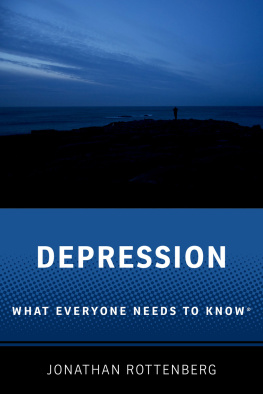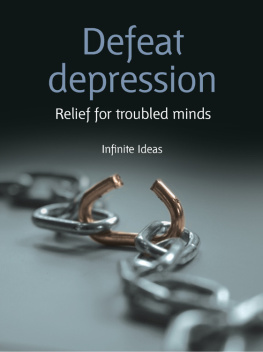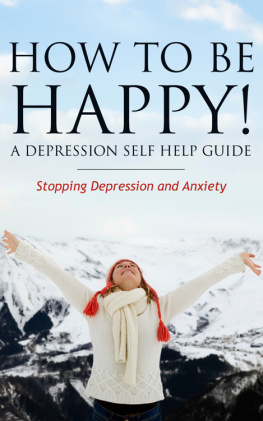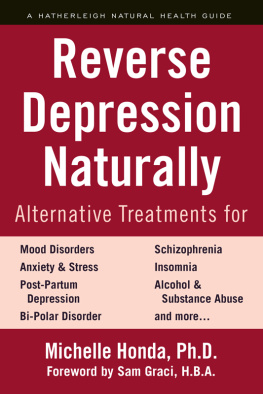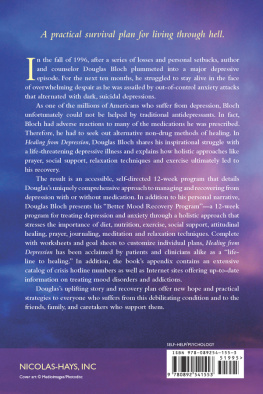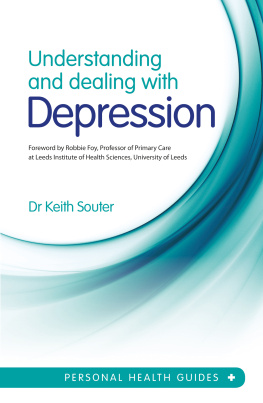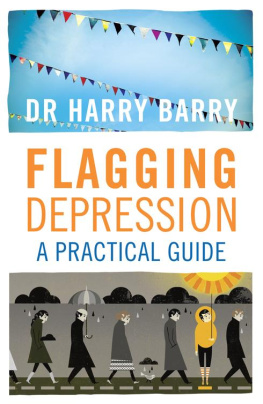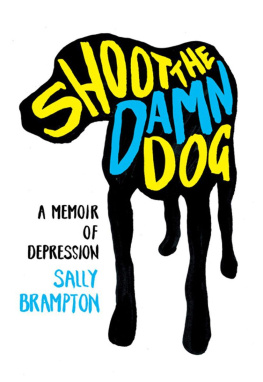Brampton - Shoot the Damn Dog
Here you can read online Brampton - Shoot the Damn Dog full text of the book (entire story) in english for free. Download pdf and epub, get meaning, cover and reviews about this ebook. City: London, year: 2011;2014, publisher: Bloomsbury Publishing;Bloomsbury Paperbacks, genre: Art. Description of the work, (preface) as well as reviews are available. Best literature library LitArk.com created for fans of good reading and offers a wide selection of genres:
Romance novel
Science fiction
Adventure
Detective
Science
History
Home and family
Prose
Art
Politics
Computer
Non-fiction
Religion
Business
Children
Humor
Choose a favorite category and find really read worthwhile books. Enjoy immersion in the world of imagination, feel the emotions of the characters or learn something new for yourself, make an fascinating discovery.
Shoot the Damn Dog: summary, description and annotation
We offer to read an annotation, description, summary or preface (depends on what the author of the book "Shoot the Damn Dog" wrote himself). If you haven't found the necessary information about the book — write in the comments, we will try to find it.
Shoot the Damn Dog — read online for free the complete book (whole text) full work
Below is the text of the book, divided by pages. System saving the place of the last page read, allows you to conveniently read the book "Shoot the Damn Dog" online for free, without having to search again every time where you left off. Put a bookmark, and you can go to the page where you finished reading at any time.
Font size:
Interval:
Bookmark:
Love , Aways
Concerning Lily
Lovesick
Good Grief
I was gratified to be able to answer promptly. I said I dont know.
Mark Twain
Before I tell you about my depression, I should tell you something about my life so far. Or perhaps that should be myself so far.
I was born in Brunei, but I am English. I grew up in many different countries. After Brunei, we moved to Brazil and from there to Aden, Oman and Angola. We spent about three years in each country, with brief intervals in England. My father took a job with Shell after the war and was posted abroad. We followed wherever his work took him.
I went to a boarding school in England from the age of eleven, but saw nothing of this country other than the school. It was not home. Home was in whatever country my parents were living at the time. I came to live here fully when I was eighteen. I have two brothers, one on either side of me in age. The eldest is Michael and the youngest is Tony. They, too, were away at school for most of our childhood.
Dad comes from South London and is the eldest of four. His father, Reg, was a Cockney, born, as he was proud to say, within the sound of Bow bells. Reg worked as a handyman; then moved to the country to run a petrol station. Or, at least, it was my grandads version of the country: a small bungalow set in front of a set of petrol pumps in the middle of a lorry park on a busy roundabout outside Norwich. This was long before self-service so Reg was out all hours in his flat cap and his brown cotton coat. It seemed to us that he was always happy, a practical joker, teaching his budgie to talk nonsense, chasing us kids around his bungalow with his false teeth out, his gummy grin reducing us to helpless giggles.
My grandmother Maisie was pint-sized, barely reaching five feet tall, with red hair and blue eyes. She kept everything, her house, Reg, their four kids in apple-pie order. And she made a mean lemon curd.
My mother is also a Londoner, but posher, born in Richmond. Her father, Phil Ray, was an actor, working in music hall and on the stage. Later, he found work in films and television, playing mostly bit parts in over forty films from Sons and Lovers to Dracula: Prince of Darkness and Frankenstein Created Woman . He always turned out a good priest and was a regular on Dr Who , Z Cars and even, fleetingly, in Hancocks Half Hour . A shy, quiet man, with a melancholic streak, he loved to act because, as he said, it allowed him to be somebody else.
His greatest passion was my grandmother Dorothy whose stage name was Jackie, and who was a dancer and a model. Hugely elegant, despite never having any money, she made all her own clothes, including her hats and coats, and taught me to sew. I spent a great deal of time with her, every weekend that I was allowed out of boarding school in England, while my parents were abroad. When she died, my grandfather made a shrine of photographs of her in one corner of their flat. And then he just quietly faded away.
My daughter, Molly, is also a Londoner. And so am I, if only by adoption.
I am blonde with blue eyes, stand five feet seven tall and weigh 140 pounds, more or less. I would prefer it to be less.
I love fashion, perhaps influenced by my grandmother, and studied it at Central Saint Martins, where, having taught for many years, I am now a visiting professor. I still love good clothes.
After college, I wrote about fashion for Vogue , where I started my career, having won the Vogue Talent Contest. I then worked for the Observer newspaper, where I was fashion editor for four years.
I am a mother, to Molly, whom I love very much, and who loves me. This much, as she says, her arms open wide.
I love words. And books.
I am a successful journalist. Successful in that people pay me to write for them, for which I am always grateful. As a child, it never occurred to me that people would give me money to do what I love best.
I am a successful novelist. Successful inasmuch as I have written four novels, all of which sold modestly but well. Or, at least, well enough for a publisher always to ask me to write another.
I was a successful magazine editor. In the mid-1980s, I launched Elle , which I edited for four years. It was a gratifying and immediate hit and established a blueprint, or so it is said, for a new attitude in womens magazines. Ten years later, I edited another magazine, Red , for a brief year and with far less success. Some people loved it, others loathed it. I console myself that nobody seemed indifferent.
I am less successful at relationships. I have been married twice, which is not something I am pleased about. At least, I am not pleased about the failures, rather than the marriages both of which, at the time, I liked very much. I remain close friends with both my ex-husbands.
I am in love with and loved by somebody, and hope that I am better at loving him than I was at loving my husbands. I suspect that he hopes so too.
Gardening is my passion. So is good food. I love to cook. There are few things I like more than to feed my friends.
I am, in all these ways, blessed.
I am also a depressive.
It doesnt quite fit, does it?
Face the facts of being what you are, for that is what changes what you are.
Sren Kierkegaard
A memoir of depression is, in some sense, the memoir of a life. What made me the way I am? How are the emotional responses I learned unhelpful?
I want to stay free from depression and live my life well. To me, and this may not be the same for everyone (although I have never met a person for whom it is not true), that means looking at my own behaviour and dismantling the parts of it that keep me stuck in negativity. Or even, simply mired in the low-level discontent that stops me from fully engaging with my own life. It is a self-evident truth, so evident that it took me years to learn it, that life is what it is. It is the way we see it that causes us difficulty.
Looking at our own selves is horribly difficult to do, requiring a level of honesty and humility that can at times feel unbearable. Few people are prepared to engage with it fully but without it, I truly believe that we cannot be happy. And happiness, rather than a good-enough life, is what I aim for. It might be a stretch too far, who knows? But in the reaching I shall at least feel that I am taking some sort of action, that what I do matters, if only to myself.
My responses are, of course, all tangled up with family because they so obviously lay the foundations of our characters. Pretty well every expert in behavioural psychology agrees on that. We learn everything by mimicry, from how to tie our shoelaces to what to eat to how we respond to other people. Most of those patterns are unconscious and many are useful but others are downright obstructive.
Those tripwires to happiness need our full attention. It is not how we learned them, or who we learned them from that matters. What matters is that we have enough knowledge and understanding to put them right when they are damaging to our happiness or good relationships.
Some of those characteristics are genetic but quite how many or to what extent, nobody knows. And as we do not know but only understand that some inherent trait in our characters is due to immutable genes, perhaps the best way to deal with that is in the way that we deal with any other trait through an examination of our own behaviour, seeing them as obstacles that are fixed but in some way passable.
I once read a theory about positive thinking that seems to me to be true or, at least, made a sufficient impression on me to remember it. I have always been distrustful of positive thinking, believing it to be as fixed and unyielding as negative thinking. Yet it is the advice most often offered to depressives. That it does not work seems not to occur to those who offer it up like some benevolent panacea. Perhaps it works for them or perhaps they are a product of some positive thinking gene pool. Who knows? Anyway, here is the theory that helped me. I hope that it will help you too.
Next pageFont size:
Interval:
Bookmark:
Similar books «Shoot the Damn Dog»
Look at similar books to Shoot the Damn Dog. We have selected literature similar in name and meaning in the hope of providing readers with more options to find new, interesting, not yet read works.
Discussion, reviews of the book Shoot the Damn Dog and just readers' own opinions. Leave your comments, write what you think about the work, its meaning or the main characters. Specify what exactly you liked and what you didn't like, and why you think so.

